What if I can't drink the coffee flavor described on the label? How to build your own taste memory?
Professional coffee knowledge exchange more coffee bean information please follow the coffee workshop (Wechat official account cafe_style)
I believe many beginners will have such an experience: when they meet a group of experienced coffee lovers in a coffee shop, they always see an adjective, what is the aroma when it is hot, what is the flavor after it is cold, what is the sour tone in the front paragraph, and what is the final rhyme in the latter paragraph? When I took a sip, I only had a sweet and sour drink and a bitter throat. Can not help but instantly respect these "experts", although do not understand, but feel that this is very powerful.

The bewilderment of a novice, the distance of a cup of coffee
The furthest distance in the world is not the meter-wide bar between you and the barista, but when you look at the rich flavor described on the label on the beanbag, but you can't drink it at all. But don't be afraid, as long as you set your mind on it, everyone is the god of eating.
Putting aside prejudices is the first step in coffee taste.
Whether a cup of coffee tastes good or not is a very direct feeling, but this feeling requires training and breaking the prejudices brought about by past experience. The most common reaction of coffee drinkers is "I don't want sour" or "I won't drink without sugar and milk". Only by breaking these stereotypes can we take the first step in coffee taste.
Good coffee, when drunk, can show a lot of fruit, as well as a variety of delicious food and spices, these are not additives but the original flavor of coffee. With so much taste in coffee, it takes a keen sense of smell and taste to distinguish its fineness. Some people are born with a keen sense of taste, while others need to taste more in order to improve their taste ability. The key lies in "conscientiously and consciously training your tasting ability".
To put it bluntly, coffee taste is to realize all the flavors you feel. However, this kind of taste is a very subjective sense of faculties, and it is very easy to be "misled" because of the preconceived relationship and the loss of accuracy. To put aside your prejudices is to let go of the inherent flavor characteristics that others have instilled in you about a certain producing area, a certain variety, and a certain method of treatment. What you drink from your ears may be fake, but what you drink with your own mouth can be considered real.
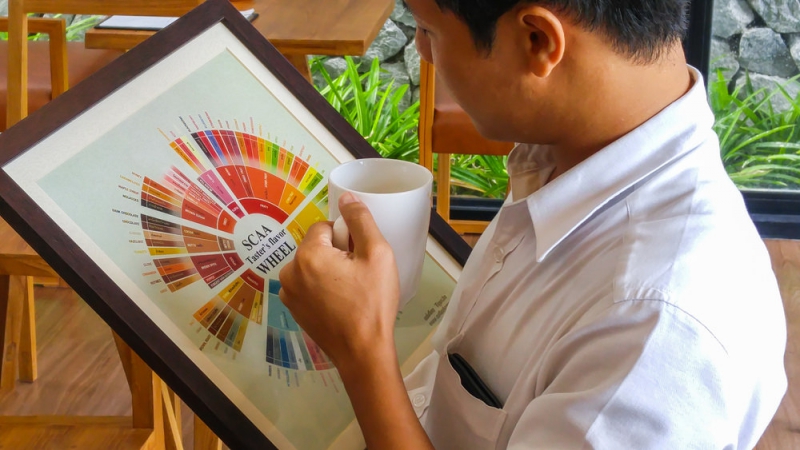
Construct your own taste memory
If you do not have enough confidence and ability to judge whether a cup of coffee is good or not, then it is very necessary for you to build your own taste memory. Compared with systematically tasting coffee and learning to describe the flavor of coffee professionally, it is more rare to construct one's own taste memory.
But how on earth should taste memory be constructed? What is the standard?
The English version of SCAA Coffee Flavor Wheel is designed to effectively share and exchange taste feelings in the coffee industry. If you are a person in the coffee industry, it is natural to take the flavor wheel of SCAA as the standard. For people in the industry, through professional training, it is not difficult to establish such a sense of taste and smell. For example, there is a group of 36 scented incense bottles online, which is very suitable as a training tool for professional baristas. Aspiring to become a friend who can distinguish and then share the flavor, as long as you come into contact with several different flavor bottles every day and remember them, after a period of time, you will be able to identify the smell acutely and correctly.
But for the domestic people, many kinds of smell in SCAA coffee flavor wheel, such as blackcurrant, apricot and other ingredients, are not the daily familiar taste of litchi, longan and so on. These differences in daily eating habits are also the reason why most Chinese people are unable to get close to the description of SCAA flavor.
For consumers, if they simply want to enjoy a cup of mellow coffee, there is really no need to make such an effort to compare the coffee flavor wheel to notice, find, or identify what is in the coffee. As long as you can always maintain a clear state of awareness (or: open your awareness) in your daily life, and pay attention to the flowers, grass, spices and ingredients around you, then you will have more fun in eating.
How to construct your own taste memory?
When learning high-quality coffee, it is easy for people to be impatient and want to quickly drink the taste in the flavor description into the import, but this is actually asking for fish.
Because there is not enough information to compare the subtle flavor of the coffee, it will [can not be found], and from the beginning want to find a special flavor, rather than pay attention to the overall presentation of the coffee, that is, [find it wrong]. Only by respecting your taste memory can you find the flavor of coffee.
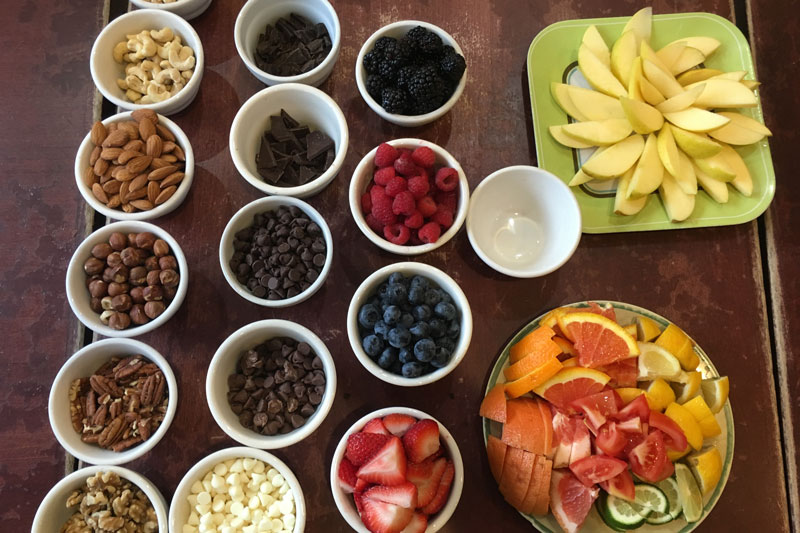
Many people are used to asking baristas hastily after the first sip of a cup of coffee, which usually has the following possibilities:
Of course, the ① barista doesn't know your learning status, so he tells you what he has drunk.
→, this is not bad, at least he drank it, but it is not easy for you to absorb.
② barista himself is half a bucket of water, anyway, whatever is written on the label will be memorized to you.
→ this is not very good, rushed out and the tag description will certainly have some deviation, and the label is not necessarily correct.
It doesn't matter whether the ③ barista can drink it or not, but he deliberately lied to you about some super-mysterious flavor.
→ is the worst, it can be misled seriously, and it is often the direction in which the "IQ tax" is upgraded.
Some people who follow blindly or have a small amount of knowledge are thus framed by pieces of information with a little knowledge, and can't get out of it. Over time, they may become boutique coffee demons. In fact, in the case of beginners or poor sensitivity or analytical ability to taste, it is a good training to discuss with others or follow the description of the barista to pursue that specific flavor, but the correlation with taste is never your own, and you need to focus more on your flavor memory.

How to focus on flavor memory?
❶ whether or not your past history of eating and eating is swallowed, you will more or less have memories of the food. If it really belongs to a state of amnesia, please start slowly to accumulate and think about the taste of the food as you eat. No more, you can remember the taste of super food in 3 months.
When ❷ drinks coffee, you can ask the barista, read the flavor description, and discuss it together, but don't ignore the rare and valuable flash of inspiration at the entrance of your coffee. Because that's the moment your tongue matches your flavor memory. Respect this process, take a break and think about it and find it, which will become an important cornerstone of your understanding of the flavor of boutique coffee.
❸ if all you think of is weird food, respect + try to analyze. For example, Steamed Rice with Red-Cooked Pork → is often made of star anise, cinnamon, cloves, fermented soy sauce and other spices, so if you smell Steamed Rice with Red-Cooked Pork, it's not a joke, it's just that you can't cut star anise or other spices, please respect and find the opportunity to smell star anise and other spices alone, you will know more and more clearly.
❹ respects and understands other people's flavor memories. Everyone grows up in different environments and eats different foods. When others propose a certain flavor, think about the possibilities behind it and turn it into your own flavor memory, and you will learn.
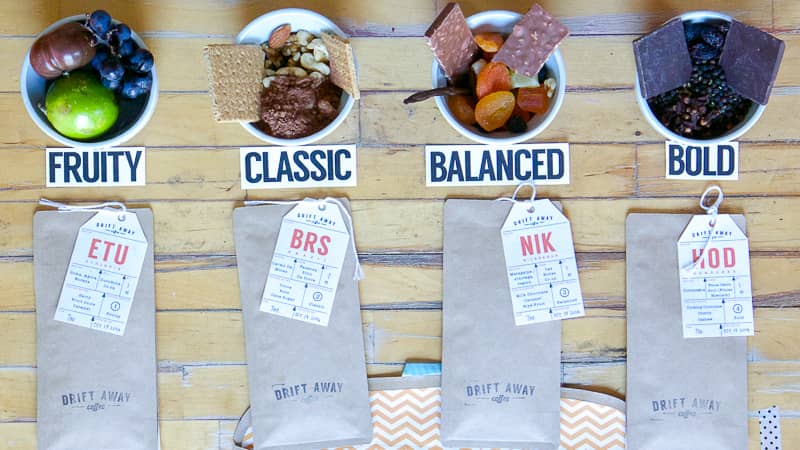
For example, when the editor drinks a piece of Costa Rican honey, the official flavor description is: BlackBerry, plum, orange peel, orange and raisin. But as soon as this bean is opened, there is a clear smell of "Cantonese-style sausage" in the dried incense. Every time I am introduced here, the Cantonese will smile.
For example, many books say that the flavor of Kenyan AA is characterized by blackcurrant and berries, but what the editor smells in the dry fragrance is the tomato-flavored potato chips, and the taste of tomato juice is heavier. Which one do you think you should remember?
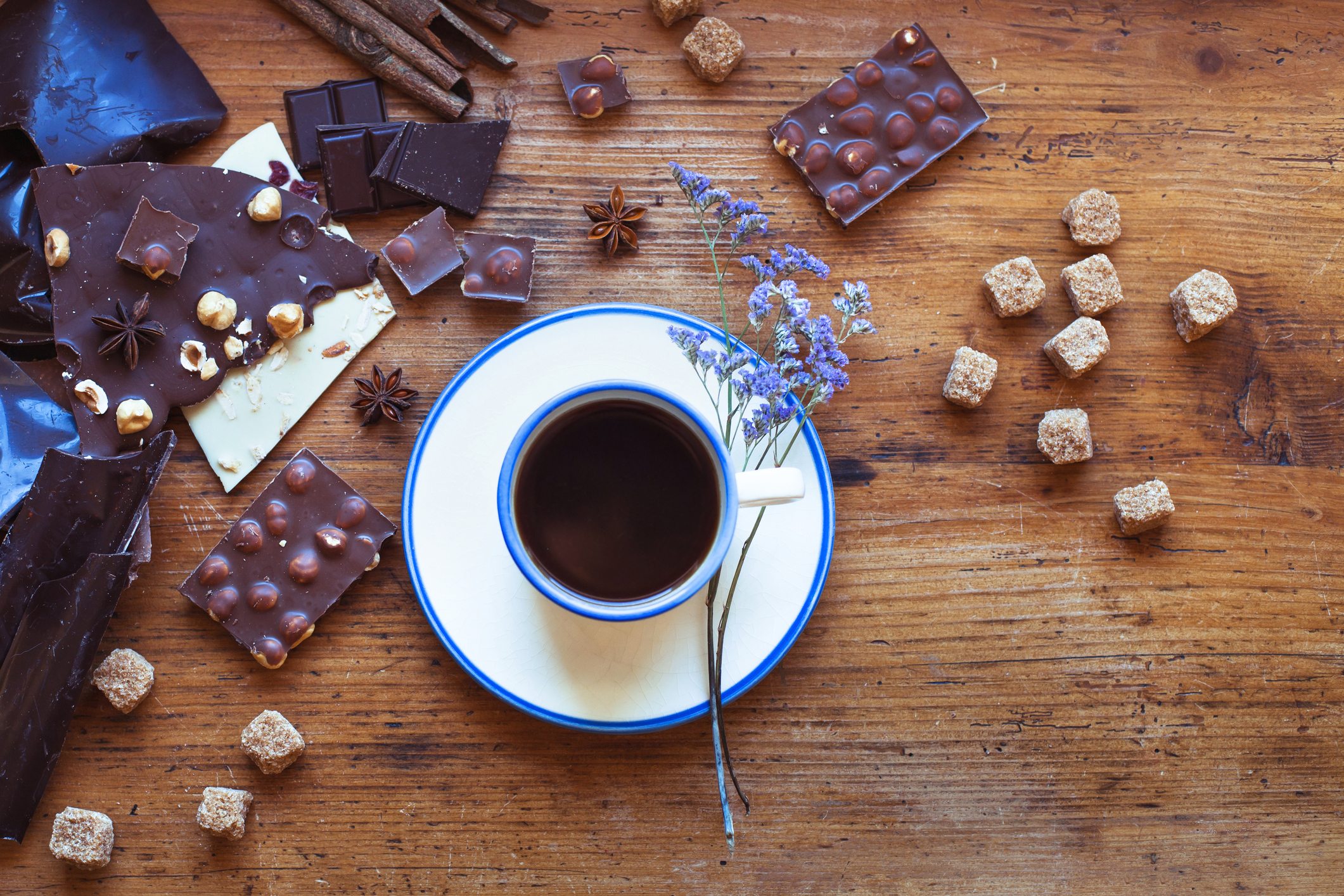
Add more accumulation and analyze your own flavor memory.
If you can combine precious memories with common flavor descriptions and flavor wheels, so that you can have your own unique flavor memory, you can also communicate with others in popular flavor language, which is the most perfect. But don't be too hasty. It takes time to learn anything fascinating. It is necessary to drink seriously for three months. Before that, you can enjoy the process of getting to know the fine coffee step by step. If you are too impatient, you will not necessarily learn faster.
Finally, do you have any wonderful unique flavor memories? Welcome to share and communicate with the editor.
END
Important Notice :
前街咖啡 FrontStreet Coffee has moved to new addredd:
FrontStreet Coffee Address: 315,Donghua East Road,GuangZhou
Tel:020 38364473
- Prev
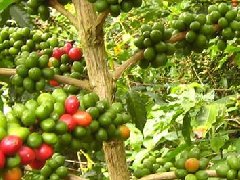
A new way for scientists to identify microscopic worms attacking coffee crops
Professional Coffee knowledge Exchange more information on coffee beans Please follow the coffee workshop (Wechat official account cafe_style) the plant that produces coffee, one of the world's most popular drinks, is the target of miniature worms, but scientists are fighting back. Due to the use of a new rapid detection method, an underestimated coffee planting problem has been found in the soil samples in the field of coffee cultivation. This method
- Next
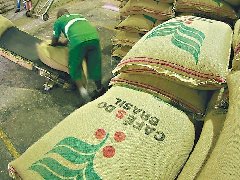
The price of raw coffee beans plummeted. Latin American coffee industry is in crisis. Farmers give up planting.
Professional coffee knowledge exchange more coffee bean information Please pay attention to the coffee workshop (Wechat official account cafe_style) International coffee bean prices have fallen to a 13-year low, prompting many disappointed farmers in Central and South American countries to give up cultivation, triggering fears that the coffee industry will fall into crisis. Experts pointed out that the outlook for coffee bean prices will depend on the exchange rate trend of Brazil's Lille. New York
Related
- What grade does Jamaica Blue Mountain No. 1 coffee belong to and how to drink it better? What is the highest grade of Blue Mountain coffee for coffee aristocrats?
- What are the flavor characteristics of the world-famous coffee Blue Mountain No. 1 Golden Mantelin? What are the characteristics of deep-roasted bitter coffee?
- Can I make coffee a second time in an Italian hand-brewed mocha pot? Why can't coffee be brewed several times like tea leaves?
- Hand-brewed coffee flows with a knife and a tornado. How to brew it? What is the proportion of grinding water and water temperature divided into?
- What is the difference between Indonesian Sumatra Mantinin coffee and gold Mantinin? How to distinguish between real and fake golden Mantelin coffee?
- What does bypass mean in coffee? Why can hand-brewed coffee and water make it better?
- Unexpected! Ruixing Telunsu lattes use a smoothie machine to foam milk?!
- % Arabia's first store in Henan opens into the village?! Netizen: Thought it was P's
- Does an authentic standard mocha coffee recipe use chocolate sauce or powder? Mocha Latte/Dirty Coffee/Salty Mocha Coffee Recipe Share!
- What is the difference between Vietnam egg coffee and Norway egg coffee? Hand-brewed single product coffee filter paper filter cloth filter flat solution!

